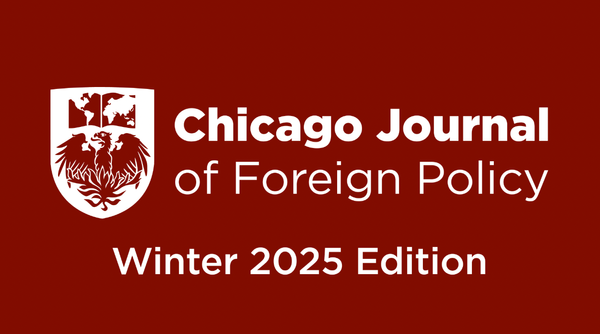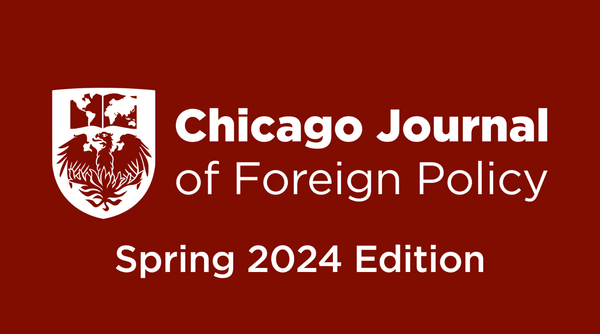A Fulcrum to the Asian Pivot: Creating Lasting Democratic Societies in South-East Asia

by MITCHELL DENNIS
Of the eleven nations comprising South-East Asia, only three can be classified as democracies. The region comprises over 600 million people; yet none of them live in a free society, as measured by Freedom House. Democracies were not always rare in this region. The region was often championed as a paragon for democratic reform. The 1990s saw true democracy expand in the wider-pacific rim area from Japan and South Korea, to the Philippines, Thailand and Indonesia. All three latter nations had democracies emerge from brutal dictatorships. Even more recently, in 2002, the United Nations played a role in crafting a nascent democratic state in Timor-Leste. However, more than a decade removed from the last major democratic success, the region has seen more regression to authoritarian governance than democratic promotion. Most startlingly in Thailand, where after an election impasse, a military junta took control and began to create a repressive undemocratic government. Of course, many will hold up Myanmar as an example of a democratic success, but elections still have yet to be held, and the ruling elites have used their power dubiously to bar San Suu Kyi from running for the top spot. Even the three democracies in the region have a long way to go in terms of their democratic maturation.
Progressively, this forgotten geopolitical region is becoming the forefront of American foreign policy, and the prime battlefront for the ideals of liberal democracies. With the behemoth, illiberal China, lurking to the north, taking an increasingly confrontational foreign policy. This region will determine which nations, and ideals, gain an upper hand in a fight that will shape the Twenty-First century and possibly beyond. Democratic reforms must take place if South-East Asia is to take a more active role in assisting the United States in combating the rise of China.
The world’s liberal democracies have a wide variety of ways to promote the growth of democracy in this emerging geopolitical epicenter. The United States could use its ambitious Trans-Pacific Partnership (TPP) to prod members and potential members of the free trade agreement to become more democratic. Or, more importantly, if the TPP fails to become enacted (which becomes more likely the longer negotiations last); the world’s liberal democracies, such as Chile, the United States, France, Australia, and Brazil, to name a few, could use their soft power to forge free trade agreements with individual states that take steps towards democratic reforms. The United States has had some success pursuing such a strategy in Colombia. The United States rewarded Colombia for making important democratic reforms, such as increasing trade between the two nations by five percent in a 2 year span. Colombia recently conducted peaceful and successful elections for president; and while the American-Colombian trade agreement did not make these elections free nor peaceful, they did serve to remind the Colombian government of the importance of its commitment to democracy, and the benefits of such a commitment. These deals would not even have to be full-fledged free trade agreements; they could eliminate, or merely lower, tariffs on exports that are important to their economies.
Furthermore, the liberal democracies could use their positions in international organizations to more aggressively promote democracy. The United States alone controls 16% of the votes for the International Monetary Fund, four times more than China. When coupled with other liberal democracies, these nations control a large majority of the votes in the IMF. A similar situation exists at the World Bank. These countries should use their positions of power to extend favorable loan and poverty reduction plans to nations of South-East Asia that craft meaningful democratic reform. A failure of the world’s democracies to promote democracy will allow China an opportunity to curry favor in the region and promote illiberal governance. China has already done so with Cambodia, giving large loans multiple times; its latest offer worth over $400 billion USD. These loans only serve to inhibit democratic reforms and promote governments with policies more in line with China than those of liberal democracy. Many people will point out that many liberal democratic governments are currently cash strapped; however, the budgets for organizations such as the IMF and World Bank have remained roughly the same through the Great Recession. If South-East Asia is to become a bulwark against Chinese authoritarianism, these democratic nations must be more responsible in the manner in which they loan or invest money.
Perhaps the best path to democracy comes from within the region itself. Indonesia has experience emerging from a repressive government and creating a functioning democracy. Indonesia was ruled for some three decades by a brutal military dictator. However, he was finally brought down by peaceful democratic protests in the 1990s. By handing power over to a peaceful opposition group, and civilianizing the military, Indonesia has laid a strong foundation for democracy. The nation recently concluded their third democratic election, with little to no violence, or corruption. Even the nation’s constitutional court resisted using its power to disallow the winner, Joko Widodo, who as a political outsider, represents a threat to the ruling elites and hardline military establishment. Also important are constitutional amendments that prevent military leaders from sitting in the legislature. Other regional countries should take note of these successful reforms and reform their governments along similar lines. Indonesia should also take a more active role in cultivating democracy in its backyard. Though Indonesia has made bold democratic reforms, it still has more to do. To continue moving towards a more democratic society, the creation of an anti-corruption agency would help eliminate the endemic corruption and increase trust in the Indonesian government by its people.
However, the fact that the region is a center for combating China’s rise complicates the promotion of democratic reform. If the United States pushes for reform with too much force, it risks alienating South-East Asian governments, of all political stripes, and pushing them into China’s camp. Furthermore, some will ask why these nations would want to combat China’s rise in the first place. These nations are acutely aware of what a dominate China means for their nation and sovereignty. China views the South-East Asian region as their backyard, and they are not afraid to take what they view as theirs (see the recent aggressive forays into the Spratly Islands by China). Thus, for the authoritarian and relatively undemocratic leaders of these nations, a difficult choice is at hand: make meaningful democratic reform and maintain their nation’s sovereignty and territorial integrity, or maintain their power but at the expense of becoming more subservient to China. Some experts could reasonably posit that if China wanted more territory, they could adopt a strategy similar to Russia’s in Georgia and Ukraine. However, by becoming more democratic and free, these nations will benefit by becoming stronger, more united, and most importantly, become nations with strong governmental institutions that instill its citizens with devotion and pride. A united democratic nation will be inoculated from being cleaved apart by China and reap the benefits of investments of Western nations.





